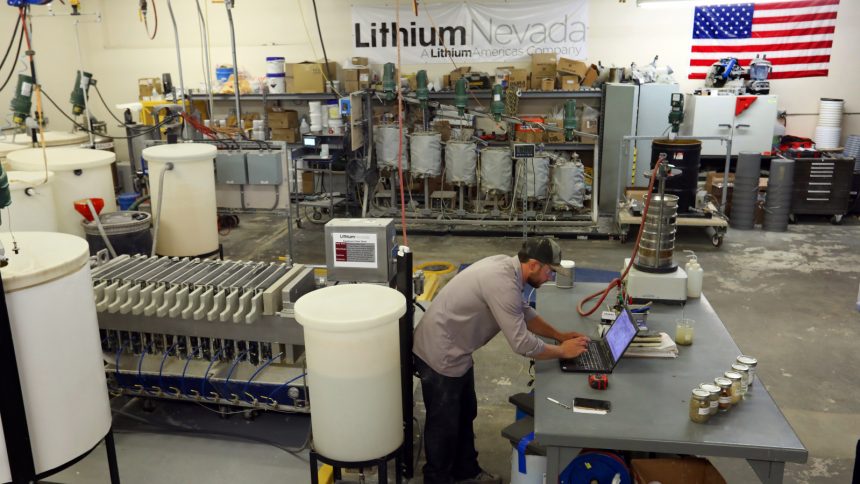Mansur Arief had never even considered working in the mining industry. As an artificial intelligence researcher completing his PhD at Carnegie Mellon University, he focused on developing safety algorithms for self-driving cars. However, things took an unexpected turn when he accepted a postdoctoral position at Stanford University and crossed paths with Jef Caers, the director of the revolutionary research program Mineral-X.
Mineral-X is committed to revolutionizing the mining industry for the clean energy economy by leveraging advanced data science tools to assist companies in locating and extracting crucial minerals such as lithium in a more sustainable manner. They also aim to develop protocols that involve local communities in the exploration phase, allowing them to make decisions about whether new mining should take place on their land.
For Arief, the idea that his expertise in developing AI algorithms could be utilized to search for essential minerals needed for clean energy technology was incredibly intriguing. From 2017 to 2022, the demand for nickel and lithium, vital components in electric vehicle batteries, increased by 40 percent and 300 percent, respectively.
Currently, Arief is involved in a Mineral-X project that concentrates on the strategic design of critical mineral supply chains for the United States. His long-term goal is to play a more significant role in a nascent project that is dedicated to reducing the carbon footprint of the mining sector in his home country of Indonesia. “I believe this is a new field that requires a great deal of attention, and it has immense potential moving forward,” Arief told Grist.
However, Arief’s enthusiasm for mining sets him apart from most young professionals. The mining industry is currently facing a workforce crisis in the U.S., as well as in mining powerhouses like Australia and Canada, due to today’s youth veering away from careers in a sector they view as old-fashioned, stagnant, and disconnected from their values. Enrollment in mining-related university programs is dwindling, and companies are struggling to attract new talent to replace their aging staff.
To address the shortage of expertise needed to discover, develop, and operate mineral deposits, the mining industry is urgently seeking to recruit young professionals with the technical skills required. However, avoidance of mining career paths is prevalent due to the industry’s reputation for environmental degradation, exploitation, and focusing on commodities like coal and diamonds.
Despite these challenges, there are promising trends on the horizon. Startups like KoBold Metals, with backing from Bill Gates, are focusing on new technology and strong environmental stewardship to rejuvenate youth interest in mining. KoBold is leveraging machine learning and artificial intelligence tools to locate new deposits of critical minerals. This approach has garnered significant interest and enthusiasm from tech-savvy students and young professionals, particularly those who are eager to work on climate solutions.
Overall, the mining industry is at a turning point. The demand for critical minerals needed for clean energy technology is escalating, and the shortage of expertise to meet this demand is becoming increasingly apparent. It’s evident that a shift towards more sustainable and socially responsible mining practices is needed in order to attract the next generation of talent.






